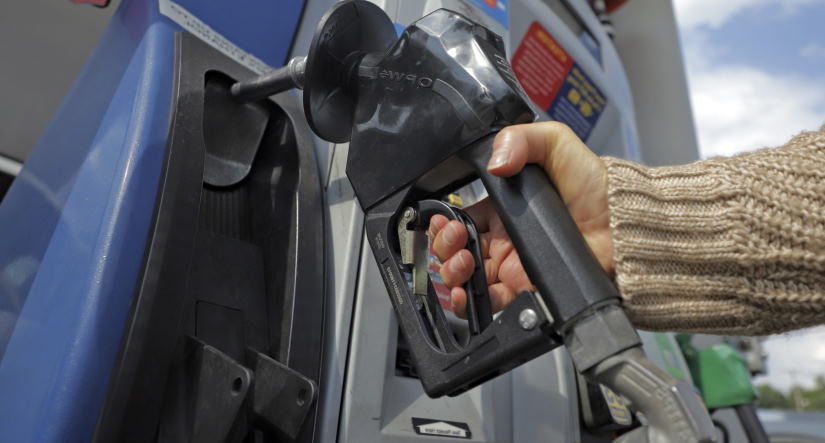
Gasoline prices significantly impact the market for new and used vehicles. When the price of gasoline increases, consumers are less likely to purchase a new vehicle and are more likely to trade in their current vehicle for a smaller, more fuel-efficient model. This has a ripple effect throughout the automotive market, as dealerships must adjust their inventory to meet changing demand. In addition, increased gas prices also lead to increased depreciation rates for vehicles. All of these factors make it important for both buyers and sellers in the automotive market to understand how gasoline prices affect vehicle markets.

Ways rising gas prices are impacting the auto market
There is a complex relationship between gasoline prices and vehicle markets. In the short run, an increase in gasoline prices may decrease demand for new vehicles as consumers seek to save money on fuel costs. However, over the long run, higher gasoline prices may spur innovation and investment in alternative fuel sources and more fuel-efficient vehicles, leading to a decrease in overall demand for gasoline. These dynamics create a difficult environment for policy makers seeking to respond to changes in gas prices.
In the short run, higher gasoline prices lead to a decrease in new vehicle sales as consumers seek to save money on fuel costs. This effect is most pronounced among lower-income consumers and those who live in rural areas, where public transportation is less accessible. In addition, higher gasoline prices may lead to an increase in used vehicle sales as consumers look for ways to save money on their car-related expenses.
In the long run, however, higher gasoline prices may spur innovation and investment in alternative fuel sources and more fuel-efficient vehicles. This could lead to a decrease in overall demand for gasoline, offsetting the initial drop in new vehicle sales. As such, policy makers need to consider the long-run effects of higher gas prices when deciding how to respond to changes in the market.

Why oil prices affect the auto industry
Oil prices have a direct impact on the auto industry. The cost of oil is a major factor in the production of vehicles. Therefore, when oil prices rise, the cost of production also rises. This often leads to an increase in the price of vehicles.
The auto industry is also affected by oil prices in terms of demand. When oil prices are high, consumers are less likely to purchase new vehicles. This is because high oil prices often lead to higher fuel costs. As a result, people are more likely to hold off on buying new cars or trucks until fuel prices stabilize.
The effects of oil prices on the auto industry can be seen throughout the supply chain. For example, automakers may source parts from suppliers that use oil in their production process. If the cost of oil rises, the cost of these parts will also increase. This ultimately leads to higher vehicle prices.
In addition, oil prices can impact the auto industry in terms of research and development. When oil prices are high, automakers may cut back on R&D spending to save costs. This can result in a slower pace of innovation for the industry.





